Sumber: The Fed | Editor: Hasbi Maulana
VIRGINIE MONTET. Virginie Montet with Agence France-Presse. If the economy behaves as the Fed is predicting, by the time of the midterm elections, the rates will be--keep on rising, and, the prime rate will be above, well above 5 percent level, a level not reached in 10 years for what is a base of consumer credit. And we know that historically, raising rates, especially in campaign times, has never been very popular in the White House. Does this prospect of a possible pressure and dichotomy of concerns keep you awake at night?
CHAIRMAN POWELL. No. That doesn't keep me awake at night. We don't consider the election cycle. You know, we--we're looking very carefully at our assigned responsibilities of maximum employment, stable prices, and that's really our focus. You can count on us to stay focused on the jobs that Congress has assigned us and count on us to use the tools we have to achieve them. You're right, that's the highest rate. By the way, I'm hearing this, the 10-year thing a few times these days, and it's true that rates are higher than they've been in 10 years. On the other hand, the economy's healthier than it's been since before the financial crisis. So, it's a healthier economy than it's been in 10 years. The financial crisis, of course, was just really getting going 10 years ago.
MYLES UDLAND. Thanks. Myles Udland, Yahoo Finance. Chair Powell, I'm curious if the Fed would be willing to tolerate an inverted yield curve. We continue to see these spread between the two-year and the 10-year tighten, even with longer-term yields coming up since the beginning of the year. This is a dynamic that has typically preceded recessions, and we're likely to see shorter-term rates come up as the Fed continues to increase rates. So, I'm just curious if you guys have discussed that, if you'd be willing to push back against that, or if that's a dynamic you'd be comfortable with?
CHAIRMAN POWELL. You know, it's an interesting question, and there are a range of views there. I think it's true that yield curves have tended to predict recessions if you look back over many cycles, but a lot of that was just situations in which inflation was allowed to get out of control, and the Fed had to tighten, and that put the economy into a recession. That's really not the situation we're in now, so I don't know that that's--I don't know that--I don't think that recession probabilities are particularly high at the moment, any higher than they normally are. But, having said that, I think it's--there are good questions about what a flat yield curve or inverted yield curve does to intermediation. It's hard to find in the research data, but nonetheless, I think those are issues that we'll be watching carefully.
Thank you very much.


/2018/03/08/443373005.jpg)
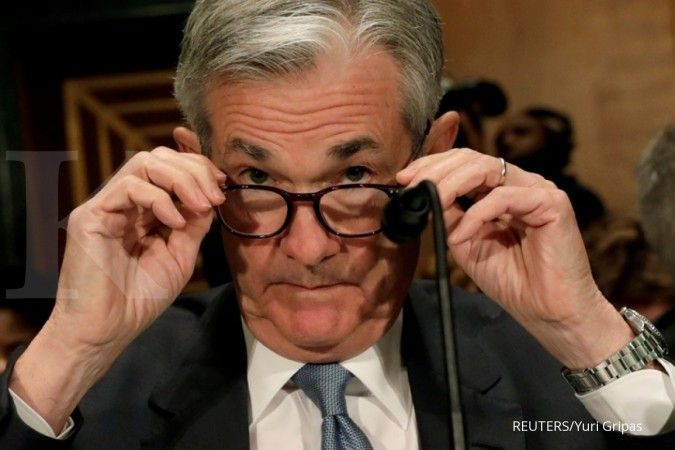
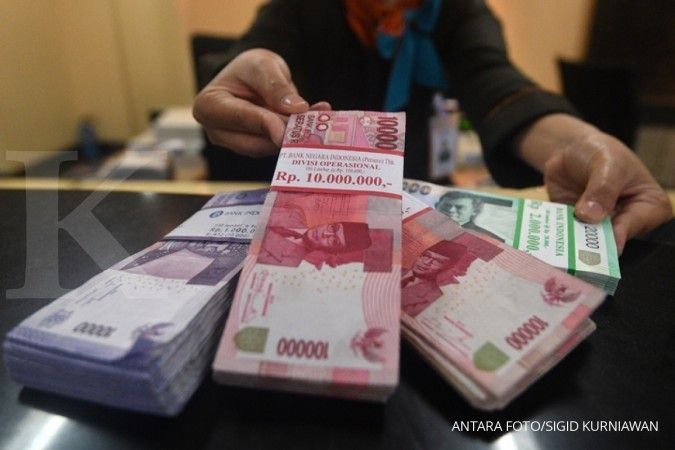
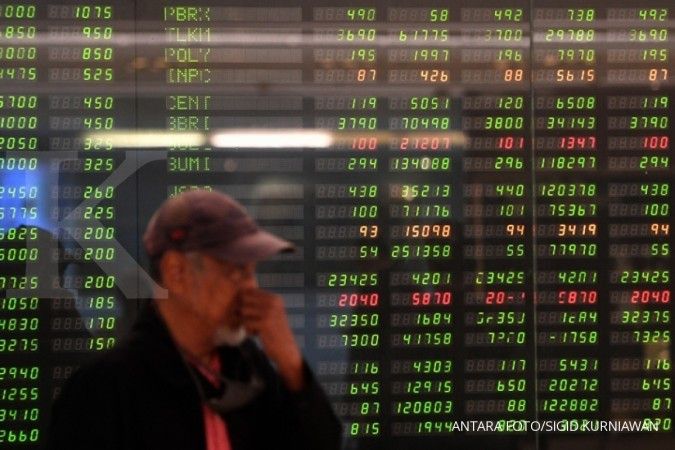
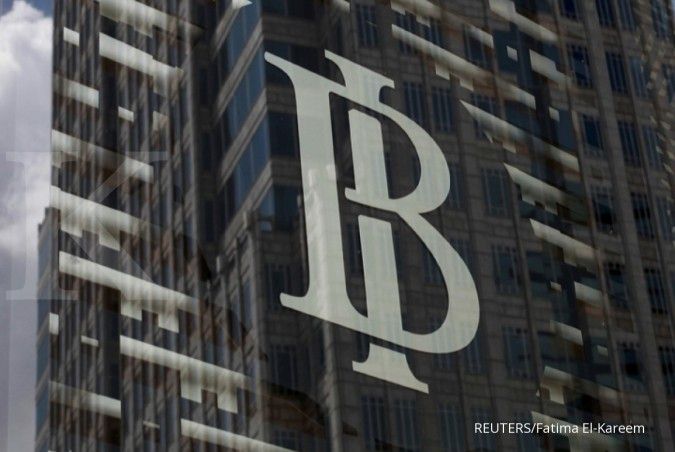
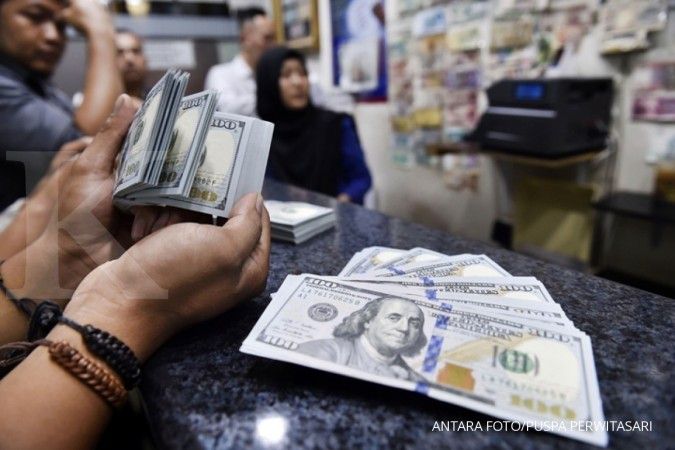






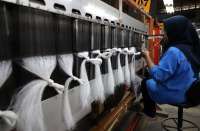




![[Intensive Workshop] Excel for Business Reporting](https://fs-media.kontan.co.id/kstore/upload/brand_images/brand_images_28012616011400.jpg)